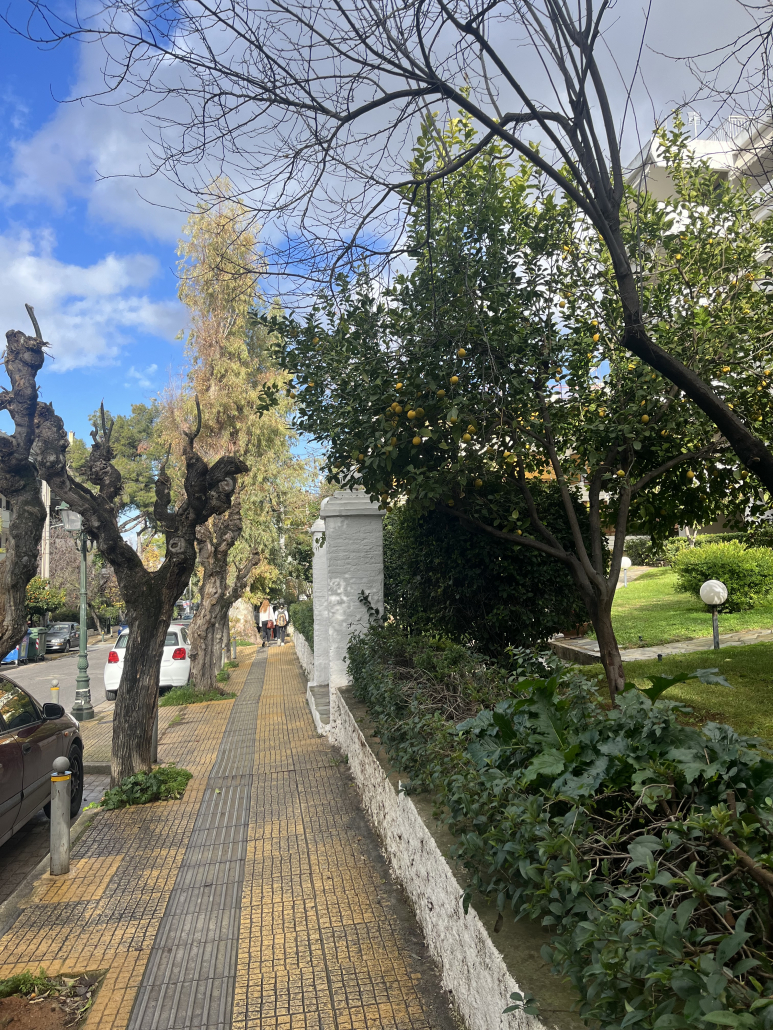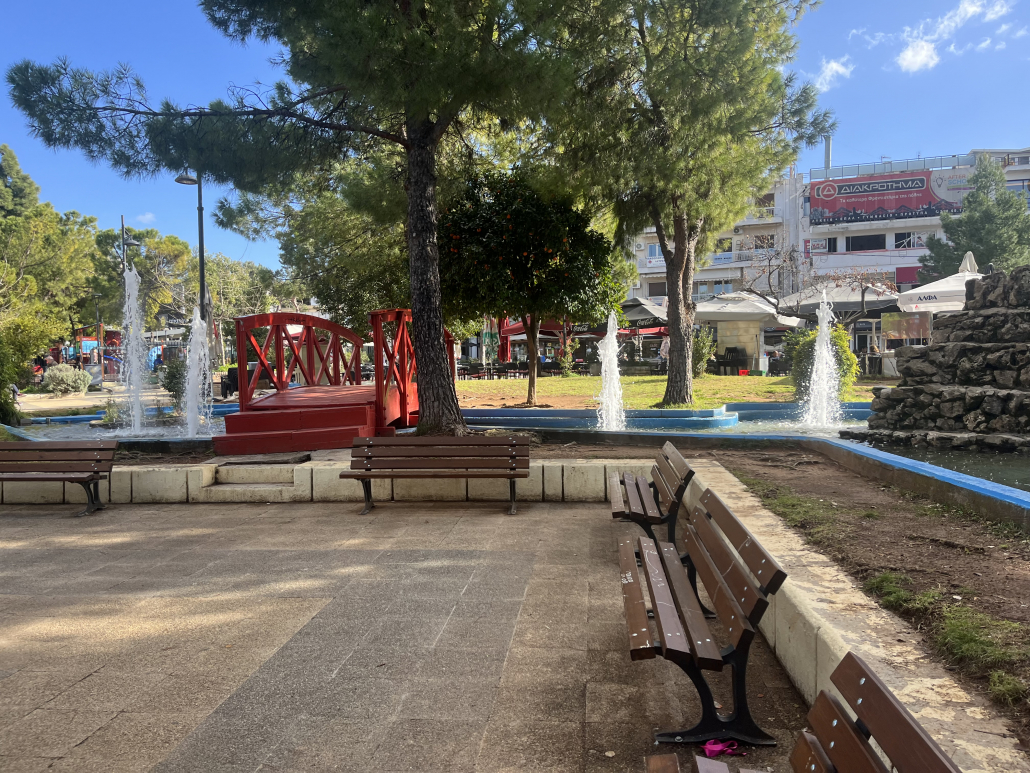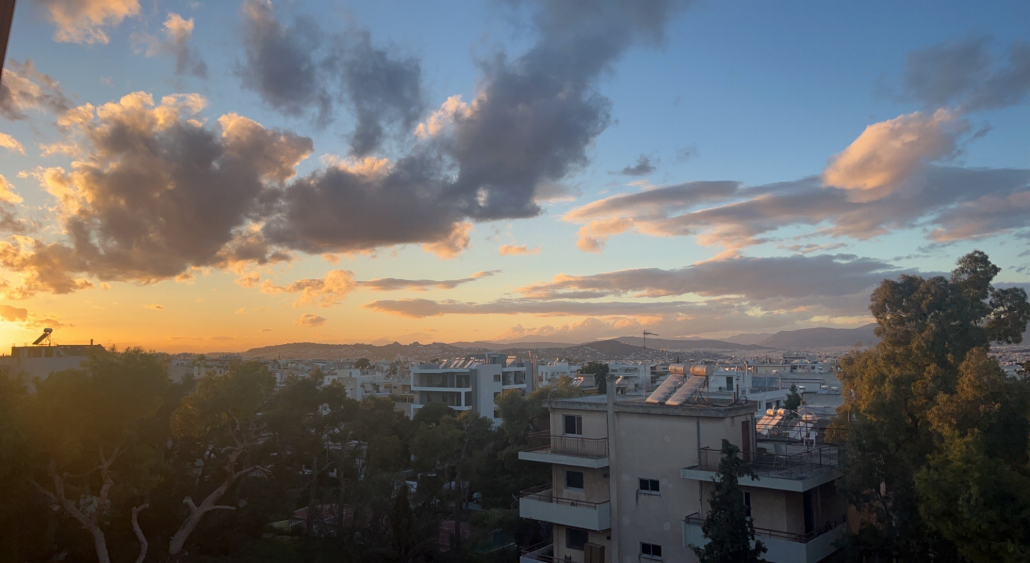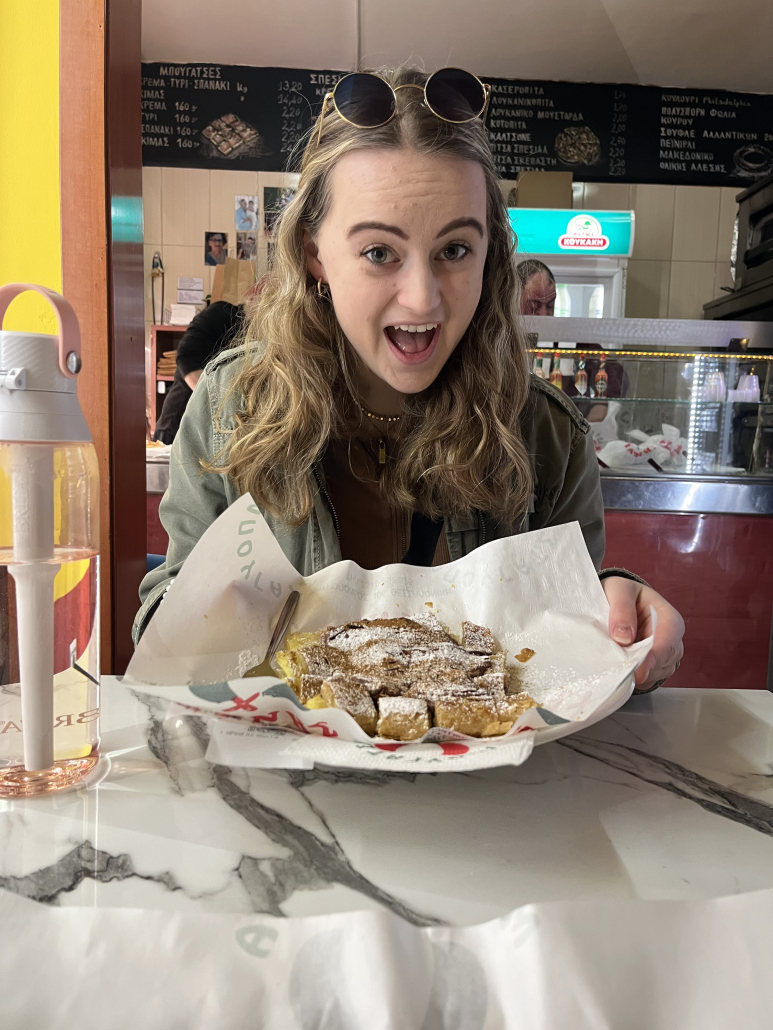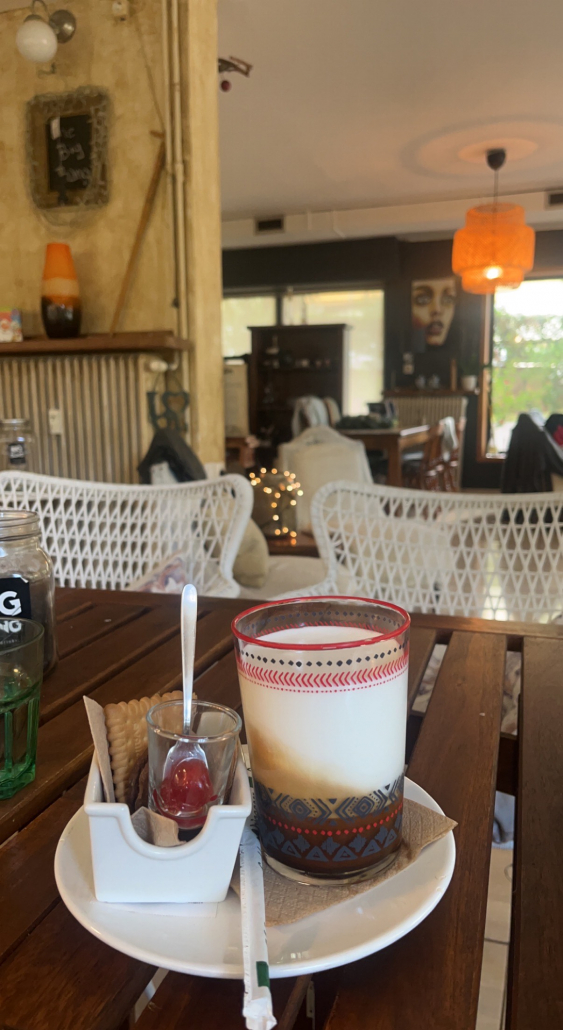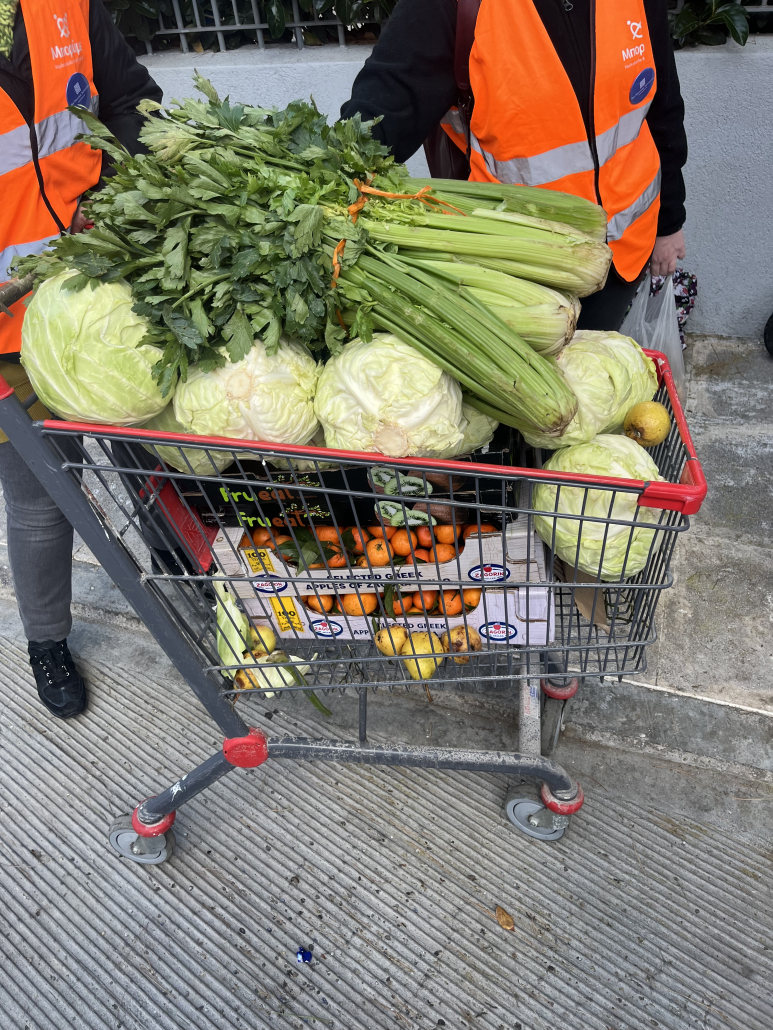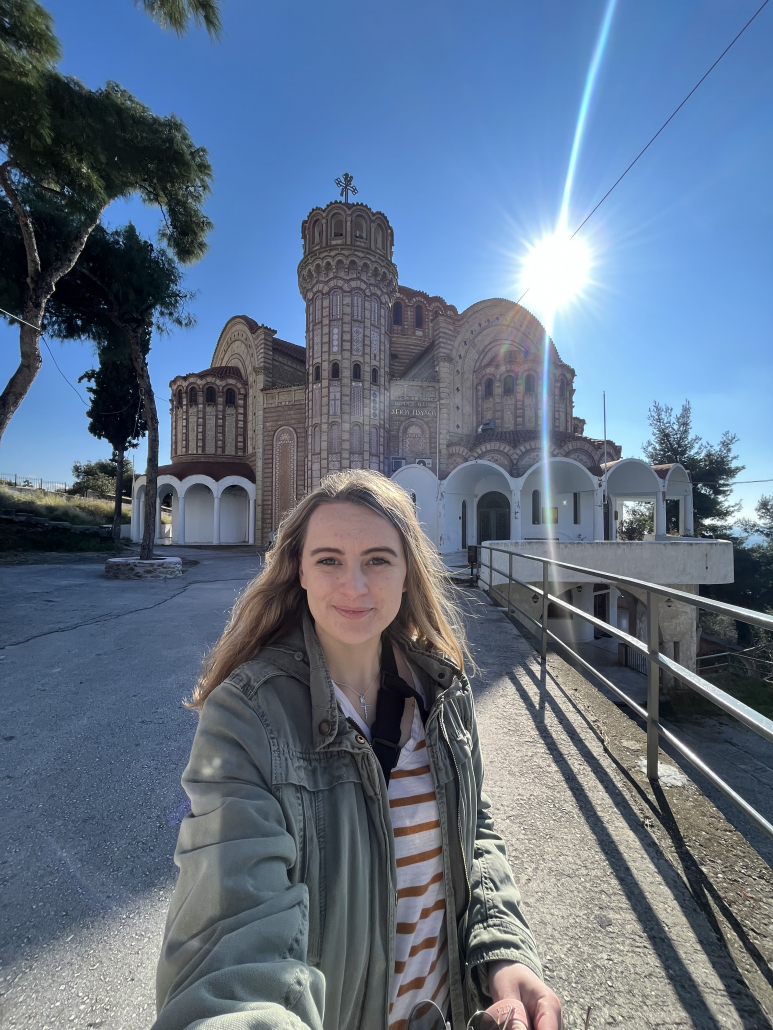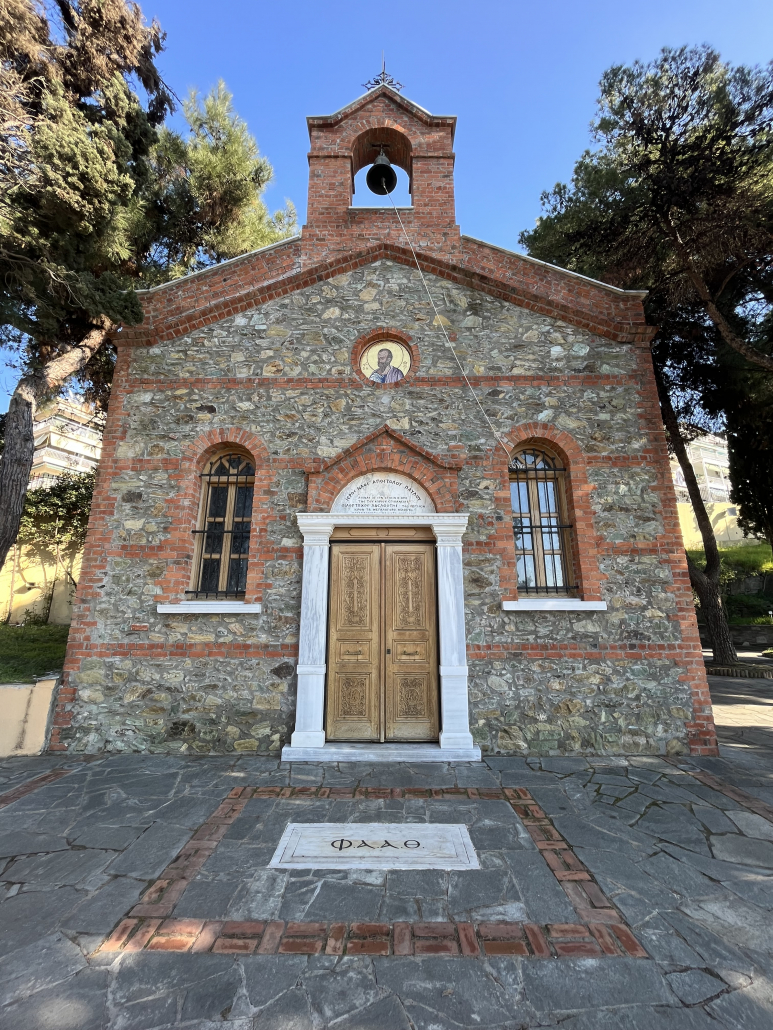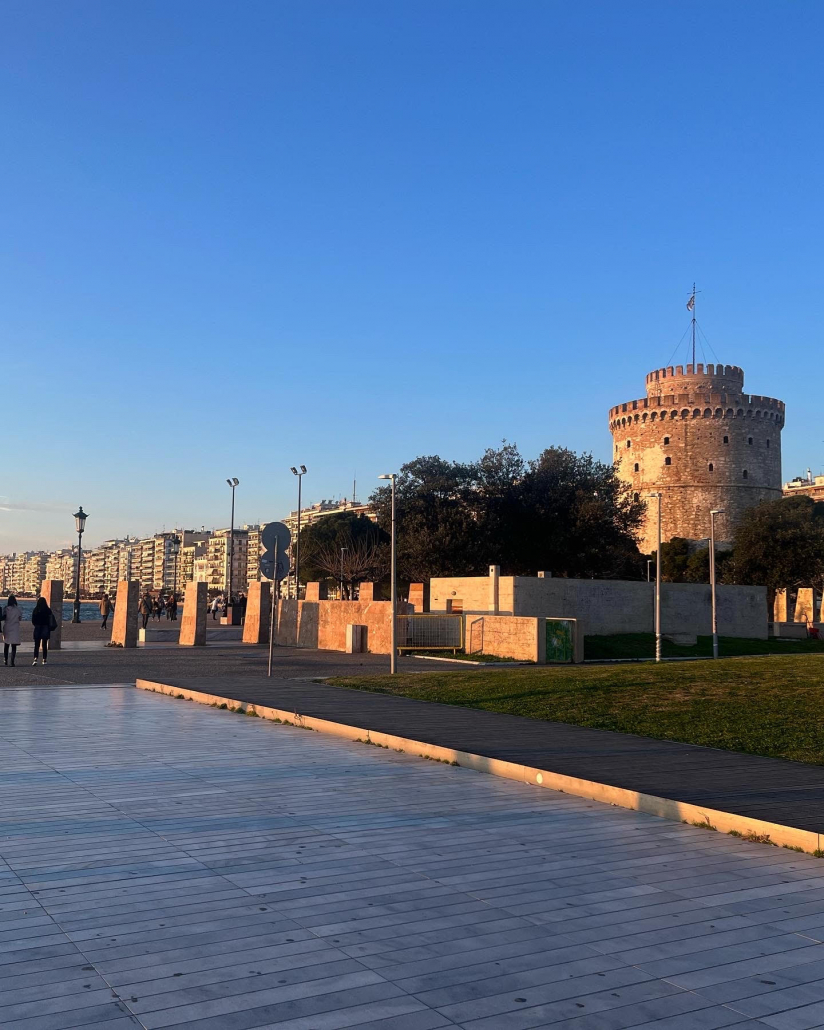An American Studying at The American College of Greece
Before I left the U.S., I remember telling people about where I would study in Athens: “It’s called the American College of Greece… I know, very ironic.” You would think studying in a foreign country would mean getting away from an American education, but for me, in Greece, this is only partly true. My International Studies Abroad (ISA) program, through whom I am completing this experience, is affiliated with the American College of Greece (ACG). This private school is the oldest and largest U.S.-accredited college in Europe. It was founded by missionaries from Boston, MA, in 1875. The college is proud of its history, as seen by an interactive, technological mini-museum displayed in the library. One fun fact is that the college served as a housing and training center for the U.S. Olympic Team in the Athens 2004 Olympics. I wrote this in a previous blog post, but I think it’s worth mentioning again that I’ve been able to swim in the same Olympic pool as Michael Phelps.
ACG is divided into three schools: Pierce (PK-12), Deree (undergraduate and graduate programs), and Alba (a graduate business school). Pierce and Deree are on the same campus in Agia Paraskevi, while Alba is in downtown Athens. There are about 4,000 Deree undergraduates, including almost 300 study abroad students attending this semester. About 90% of study abroad students are Americans. There are several different programs offered at Deree, the biggest ones being Psychology and Communication. The college is based on an American style of education, and every class is taught in English.
Now that you had a crash course of facts about ACG, let me share what it is like from an American’s perspective. Deree does have similarities to MLC and other American colleges. For example, I have one class on Mondays, Wednesdays, and Fridays for 50 minutes, and I have three classes on Tuesdays and Thursdays that are 75 minutes in duration. Some students also have labs that are about 2 hours. There are 10 minutes in between class periods. This is very comparable to what class schedules are like at MLC. The class sizes are, surprisingly, relatively similar to MLC, as well. The biggest class size I have is 25 people, while the smallest is 9. ACG also has many facilities that are closely connected to each other on one campus, like a cafeteria, two cafes (one being Starbucks!), indoor and outdoor student lounge areas, a gym, fitness center, pool, track, library, chapel, outdoor theater, auditorium, labs, art studios, academic and wellness support centers, and more. They make use of these facilities by offering many opportunities for students to get involved and build community by participating in sports, clubs, volunteering, academic presentations, fun events, etc. Many American colleges highly value these characteristics of their institutions as well.
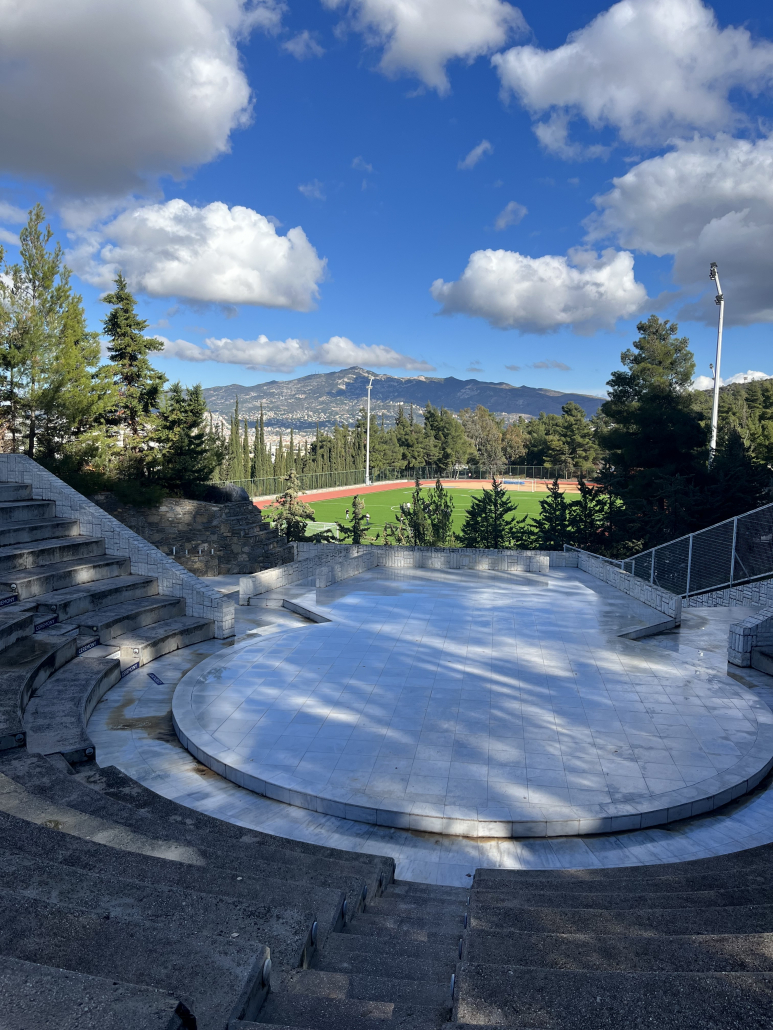
Despite the similarities, there are some differences that are strongly rooted in European and Greek cultures. Many grades for each class are solely based on the midterm and final exams. There is rarely any daily or weekly homework that is required. Professors expect you to study the notes taken in class during lectures and read the assigned textbooks for additional information. In Europe, many college courses are designed this way. For me, this is a bit stressful because I’m very used to being assessed through homework given after every class period at MLC rather than just two grades for the whole course. Another difference is the class periods themselves at Deree. There is no planned student participation. The role of the student is to listen to the professor lecturing the entire period and take notes. The professors encourage questions and comments if necessary, though. One of the biggest culture shocks I have experienced at Deree is attendance and perception of time. Any student is allowed to miss up to 9 class periods for any Monday/Wednesday/Friday class and 6 for any Tuesday/Thursday class before it affects their completion of the course. It is extremely common for students (or professors) to arrive 5-10 minutes late to class on a consistent basis. I think this very much aligns with Greek culture, but it also accommodates a majority of Greek students who commute to the college from downtown Athens or neighborhoods beyond. Who knows what the traffic or weather will bring? Would you believe me if I told you it snowed 1-2 inches in Athens last week, and I had online classes for two days because the campus was closed?
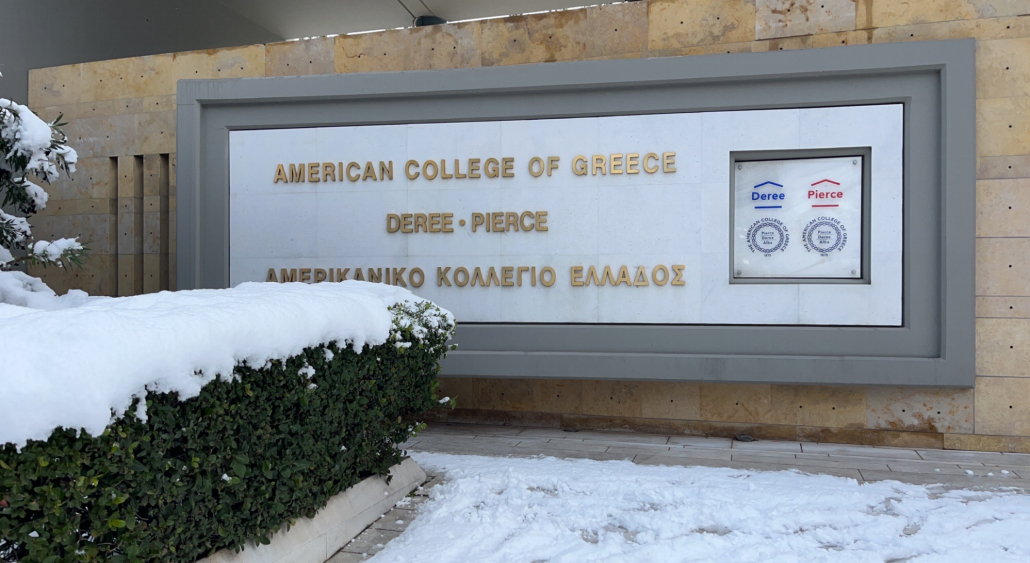
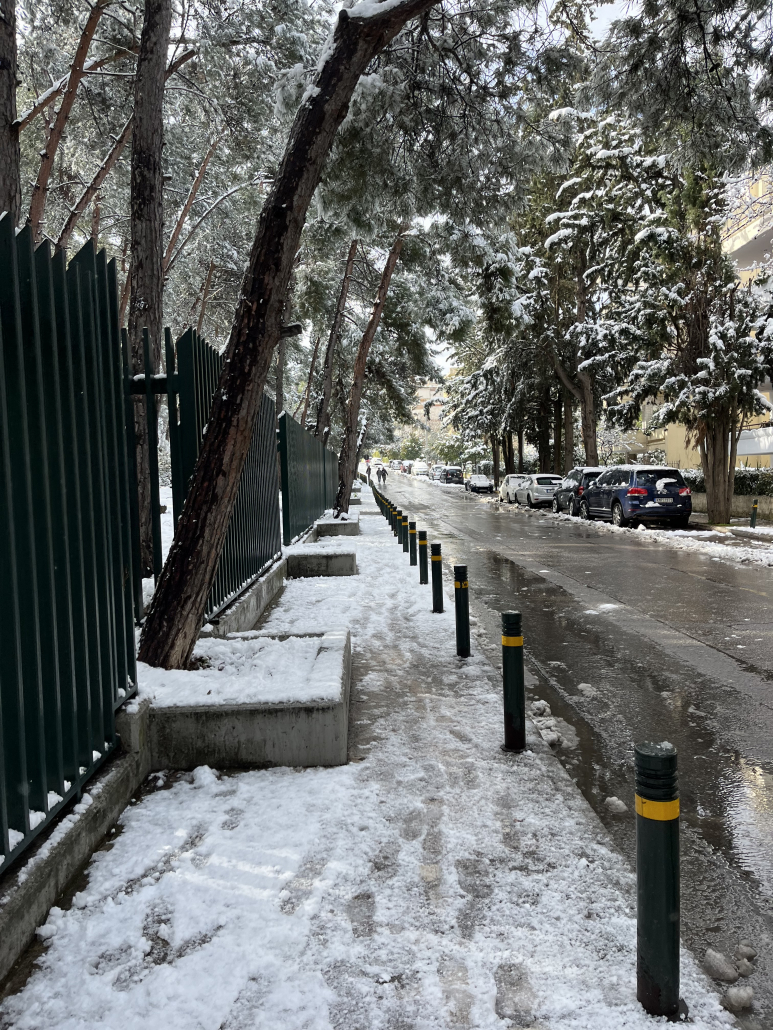
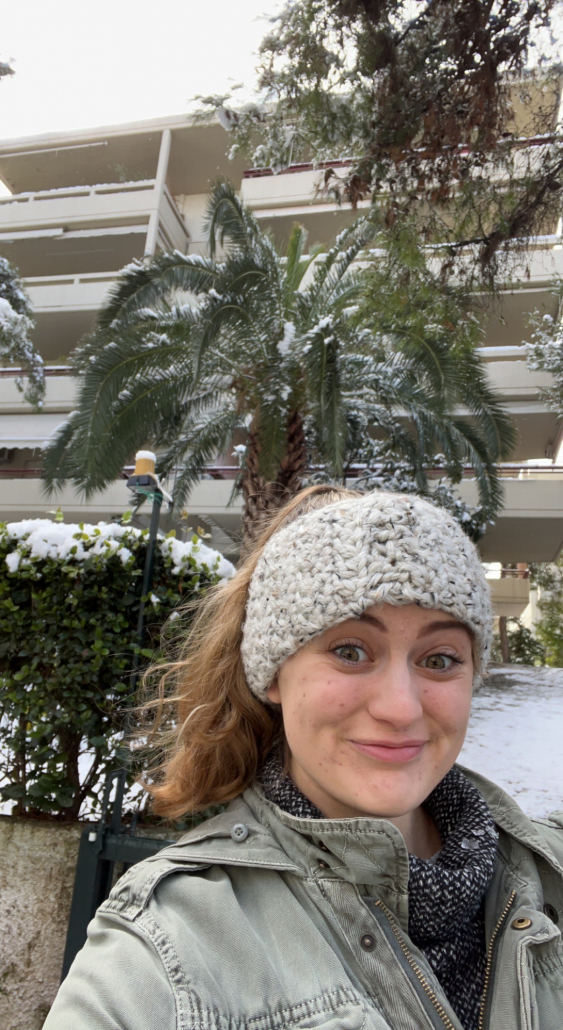
Overall, I really enjoy my classes. I am taking four courses for 12 credits in total: Human Learning & Memory, Interpersonal Communication, Sociology of Modern Life, and Survey of World Civilizations. I find each course’s content interesting and applicable to my life and future ministry. However, I think the most meaningful knowledge I am gaining is from listening to other people’s perspectives and growing the confidence to share my own. For example, a student in my Interpersonal Communication class is a refugee from Afghanistan. It’s incredible to hear his story and how he perceives his own identity and relationships with other people. My Survey professor is from Germany, and one of our units focused on the Reformation. I talked to him about MLC and New Ulm, which was exciting for both of us. In my Sociology class, we have been learning about education and religion as institutions of society, but we are encouraged to share our own thoughts and experiences, so I’ve started to share my WELS, teacher, and American POVs with the class. I have also become friends with Athina, who sits next to me in Human Learning & Memory. She has lived in Athens her whole life and has many connections with people at Deree. She is extremely knowledgeable in Psychology, and she asks very critical-thinking questions in class. I think my favorite question she asked me was when we first met. After we introduced ourselves and I told her I was from Wisconsin, she asked, “Do you know Giannis Antetokounmpo?” I laughed and said, “Not personally, but I do know him. I’ve seen him play in Milwaukee.”

